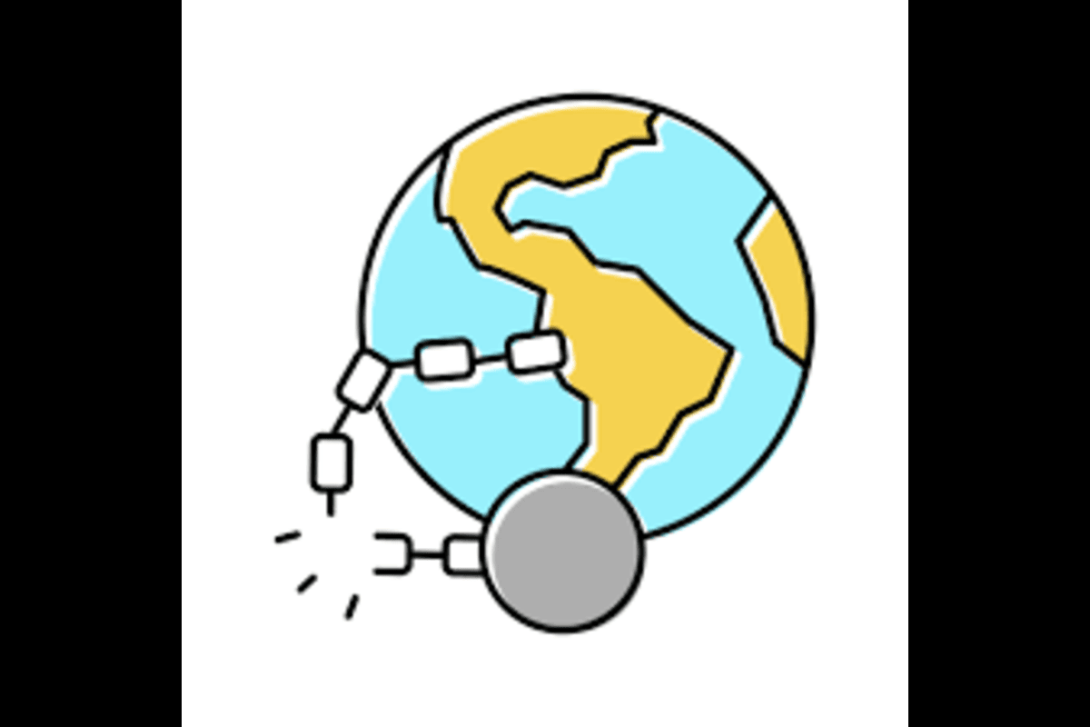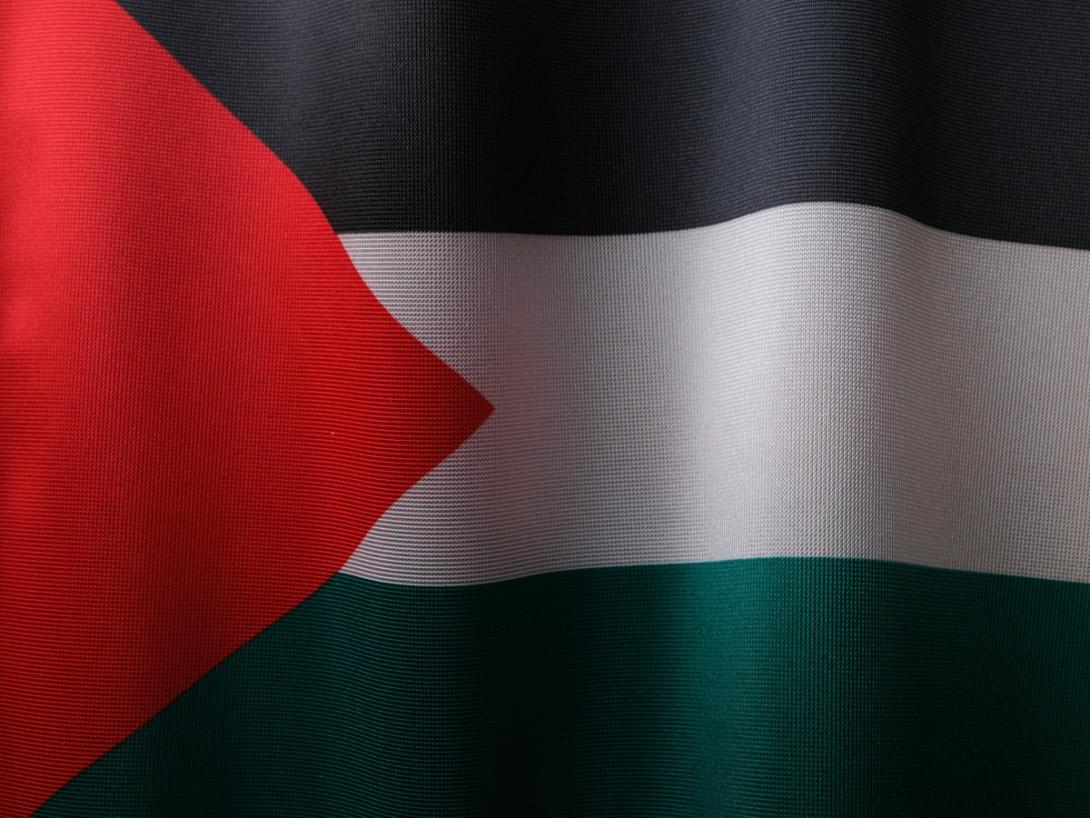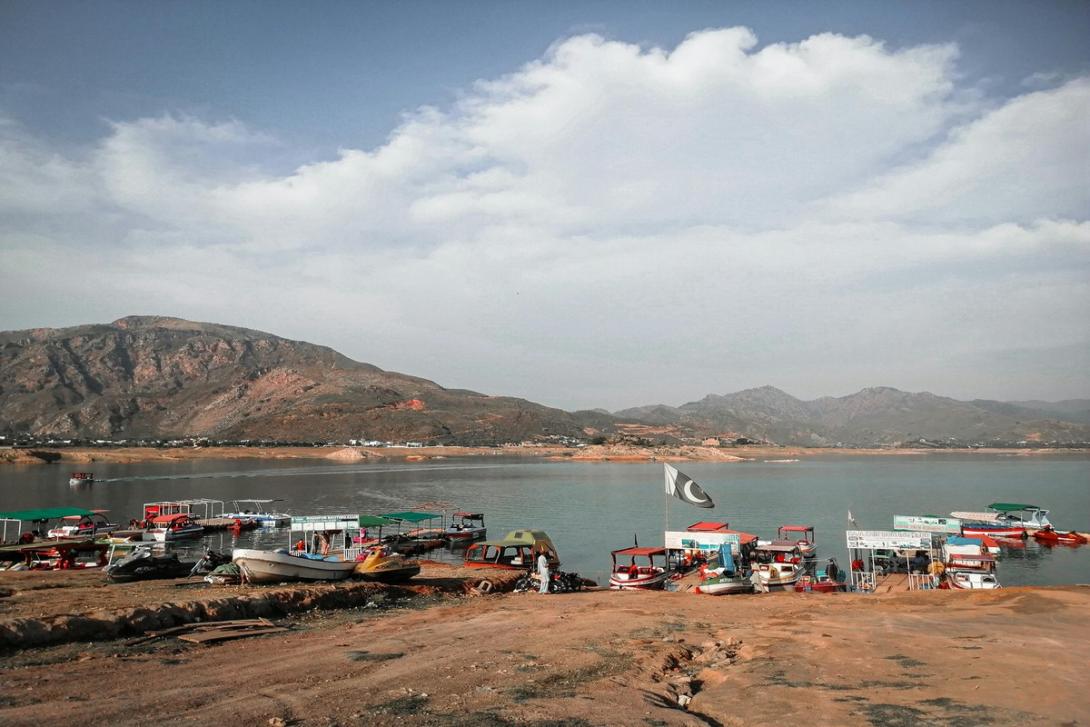
Decolonization of language refers to the dismantling and challenging the imposed structures or language traditions by any colonizer or imperialist. Colonial Language is any language which is reinforced and imposed by any colonizer for instance English was imposed in colonial states of Great Britain. Similarly, France did the same with the states it colonized and every colonizer did the same. Decolonization of language is not limited till the spoken or written text but also the cultural rituals, educational structure and policy of the colonizer. Decolonization of language is very necessary for the restoration, reestablishment and restitution of local languages, cultures, traditions and customs which were erased or removed by the pressure of colonizers. Decolonization is very necessary for the restoration and protection of cultural heritage. It not only focuses on wiping out the colonial language but also empower marginalized and disregarded communities by providing them their concerned medium so that they can share their experience and represent their culture. Decolonization of language is very important because it helps in reclaiming, rescuing and recovering cultural identity and language diversity.
- Historical Context of Colonialism and Decolonization:
The concept of attacking and colonizing any state is archaic. Like if we just look back into the window of history, we can see that the empires such as Babylonian, Sumerian, Mesopotamian, Egyptian, Greek etc. All were seen capturing and colonizing tribes. The term Colonialism is specifically used in literature as the expansion of the European states such as Portugal, Spain, France, Britain etc. It is considered that the wave of Colonialism started in the 15th century. Firstly, Spain and Portugal tried to rule over the world and make a hold around the globe. Later on, Britain and Dutch (France) followed them and annexed much of the world’s territory. They annexed America completely and much of Asia by making them their colonies. Resistance was seen everywhere against the colonizers but due to less advanced military and weapons they were unable to push the colonizers.
Rebellion started in 1776 when the colonists went against the British Rule and the foremost important is that they got independence on 4 July 1776. Later on in 19th century Spain and Portugal themselves gave independence to their colonies. Many states were getting independence but this era cannot be referred to decolonization because Europeans were establishing their colonies in Asia. The thinkers believe that the decolonization started after the WWII (World War-2) when America emerged as the superpower which forced and pressurized France and Britain to give independence to their colonies. The other reason or may be the major reason of this decolonization was the financial weakness and faintness of the Britain and France. They both suffered huge loss and were unable to stabilize or administer their colonies, The military power of both the states was also reduced many folds. Another reason of decolonization was the freedom movements in the colonies such as African states and India.
- Impacts of Colonialism on Language:
“When we revolt its not for a particular culture, we revolt simply because for many reasons, we can no longer breathe.”
[Frantz Fanon]
Colonizers heavily influence any language including its structure and the way it is used. It not only focuses on imposing their own language but also emphasizes on producing the taste of their language in the colonized community. Moreover, their center of attention is also yielding and creating some literary works in that state and also on spreading their language in the community. Colonial powers suppress the use of the local languages by replacing that language with their language in education, media, government policies or orders and also consider their language in giving job to any colonized. Indigenous or Local languages are erased slowly from the community like a slow poison. Colonizer use their own culture, ceremonies and custom which have a high influence on the minds of colonized. Moreover, colonial language is presented as a dominant language. The mixture of the local accent and the colonial language is also the cause of new dialect as we can see there are a number of dialects of English language today. The most alarming and frightening thing about the colonial language is that it may result in the loss of the indigenous language.
Notable examples of the impacts of colonialism on language include:
- The containment of indigenous languages in Africa, such as Yoruba in Nigeria and Zulu in South Africa.
- The obliteration of Local languages in North America, such as Cherokee and Navajo in the United States.
- The dominance of Spanish in Latin America, which resulted in language loss and integration among indigenous communities.
- The preferment of French as a global language in Francophone countries, has caused language dominance and overthrow of indigenous languages.
There are many more examples where it can be seen that even some of the ancient languages were brought on the verge of extinction due to the infliction of colonial language
- Theory of Decolonization
Colonial era was a series of invasion all over the world where it can be seen that somewhere Spain was attacking and some other side the Dutch were busy in capturing any state. Similarly, the Great Britain was also colonizing different regions and came out as the biggest super power of the world in the 19th Century. Its borders started from the west and were extended to the East. The thirst of capturing more land brought devastating impacts by causing two world wars. World WarI was the first war where every state on the planet earth was affected to varying extent. It continued for 4 years and resulted in a changed world map. Later on World War-II (1939-1945) was seen which caused millions of death. After World War-II, 62 countries gained independence from Britain. France also gave independence to 28 countries. Later on Soviet Union also gave independence to 16 countries. These all had a deep impact on the world dynamics. After WWII to 1980s, decolonization efforts were seen prominently. Every state tried to impose its own policy. Although they were not much successful and results were not impressive due to lack of resources and lack of proper framework. The work on decolonization started in the early 1960s.
The theory of decolonization alleviates the concept of complete freedom; social, political and economic. Frantz Fanon is known as the father of decolonization theory. Frantz Fanon’s theory of decolonization focuses on the need of a violent break of colonialism and representation of national identity and heritage. Fanon’s concept revolved around the necessity of violence and the struggle for human rights. Fanon believed that decolonization and the recovery of culture is also the right of a citizen. Fanon didn’t only curb his concepts till the community level but also discussed the importance of peasants and mentioned that peasants are the only who are connected and rooted in the authentic culture. Fanon knuckle down the colonial structure. He is also known for criticizing the bourgeoise (capitalists or elite class). According to him, bourgeoise is responsible for the colonial structures and policy and their implementation. He describes that it is because the bourgeoise class want good relationships with the colonizers and establish their power. He also blames this class for not promoting true independence. Moreover, he was also on ball about the new national identity.
- Contributors; their Theories and Framework:
There was not only Frantz Fanon who played role in the decolonization but other personalities and their frameworks such as:
- Alienation Theory:
Albert Memmi was a Tunisian writer and is known as an antiimperialist and anti-colonialism writer. “The Colonizer and The Colonized” is his notable work where he introduced the concept of alienation where he discusses the psychological impacts of colonialism on the colonized including their disconnection from their culture and the shame they face during the colonial era.
- Orientalism:
Edward Said was a Palestinian-American writer known for his work on Orientalism. “Orientalism” and “Imperialism and Culture” are his significant works where he has discussed the colonizers and their impacts on culture. His theory of Orientalism critiques the western style of dominating the orients (Eastern Countries) and the way in which they represent the non-western cultures as strange.
- Concept of Hybridity:
Homi Jehangir Bhabha was an Indian physicist. He talks about the colonization and the impacts of decolonization. Bhabha’s concept is different from others but universal where he lightens up the concepts that due to decolonization new identities are created due to the interaction and cultural exchange. Bhabha suggests that the culture and identity of colonizer and colonized blends.
- Language Landscape in Pakistan:
According to the survey of Clear Global there are between 70 to 80 languages spoken in Pakistan. Urdu is the national language according to Section-251 of the Constitution of Pakistan. English is used co-official according to the Article 251. The other prominent languages in Pakistan are Punjabi spoken by 48%, Sindhi spoken by 12%, Saraiki spoken by 10%, Pashto spoken by 8%, Balochi spoken by 3% and Hindko 2% of the total population.
According to some language experts the dominance of Urdu and English pose challenge to the indigenous or local language because all the documents are mostly forwarded in English language and some in Urdu. The curriculum is also seen in English language and there are hardly two or three books in Urdu language whereas the local languages find no place in the academics.
- Decolonization Efforts in Pakistan
Pakistan has made noteworthy efforts for decolonizing and promotion of local languages. Pakistan has been actively engaged in efforts to decolonize the language by promotion of indigenous languages. The Government of Pakistan organize cultural festivals for promoting and protecting diverse cultures. Non-Governmental Organization, Civil Society and Students are also playing significant role by organizing different cultural and literary festivals.
Pakistan Language Commission was established in 1975 to promote and protect Urdu and all the other languages including regional, provincial and local languages such as Sindhi, Balochi, Hindko, Kashmiri, Pahari etc. The Government and other civil organizations are also working to eradicate colonial language and promote the national and civil language. The common example of it is the Supreme Court Orders of 2015 where English is replaced to Urdu.
- Revitalization of Language:
A large number of communities and social groups are actively working to revitalize their language and culture through their education, media and cultural festivals. The revitalization of language is very crucial to protect indigenous or local languages and culture from the risk of extinction. Survival of Language demands active use of that language. 1. Education:
Education plays most important role in shaping any community. What we read affects our thinking skills even. By teaching the history of indigenous language and their themes languages can be kept alive. Language training teacher and his training is essential for proper understanding it. Furthermore, language literacy programs can foster the literary skills in local languages which can enable the students in learning; reading and writing.
- Media:
Media can play a very vital role in the revitalization and decolonization of language by producing content in local languages or by presenting the content in or of local languages to portray the language. Moreover, publication of newspaper in local languages can be very fruitful in spreading the local languages. Digital or e-media platforms can also be used for promoting local languages through online content, podcasts, social media campaign or quiz can attract the attention of the audience and connect them to their roots.
- Technology:
Advancement and Technology has opened many gates of knowledge which can be accessed or utilized to the best of their use. Software or Applications can be developed for language learning. Moreover, software for translation can prove to be quite helpful in learning local languages.
- Policy and Framework:
Effective and operational policies play a vital role in output of any initiative. Government must implement policies that advocate and promote the linguistic diversity. Moreover, museums or cultural cites must be preserved. The literature of indigenous languages should be preserved such as the poetry of Shah Abdul Latif Bhittai in Sindhi, poetry of Waris Shah or Baba Bhulleh Shah, Khawaja Ghulam Fareed in Pujabi, poetry of Khan Baba or Amir Kror Suri in Pashto and so on.
- Collaboration & Participation:
Collaboration, cooperation and coordination between government, civil society, stakeholders and literary clubs is necessary for the promotion of the languages. Public Participation is also the very fundamental component in the decolonization of language and promotion of local languages by using them.
- Challenges:
Language decolonization and promotion of local or indigenous languages face a number of challenges. Some of them are as under:
1. Linguistic Imperialism:
The dominant language imposes its norm on the marginalized and sidelined languages and cultures. We can see English today as the imperial language which is imposed on every culture in the world. It not only alters the promotion of local languages but attracts the locals towards it. 2. Language Standardization:
Language Standardization may cause the loss of regional dialects. It may highly affect their tone or accent, their vocabulary and grammar. Diversity is the color of life. If we began to standardize Urdu language to the Lakhnawi or Dakni standard we may lose the other dialects. Similarly Punjabi, Pashto, Sindhi and all languages have different dialects.
- Community Engagement:
Lack of community engagement is also a factor affecting the decolonization of language. Today English slangs are even used in common conversations. Language speakers must engage themselves with the local languages and use their idiomatic expression and phrases.
- Resources:
Decolonization often requires resources such as funding, training and expertise for establishing the language institute and preserve local languages from the risk of extinction.
- Resistance:
There are social groups resistant to the decolonization. These individuals are used to the colonial language and resist any change now.
Such attitudes and biases count great effect.
- Innovation and Literature:
The important matter is that the innovations are done by the western people mostly these days. So to understand that the imperial language is brought under study. Similarly, the notable, worthy and elevated literature is compiled by the colonizers and not by the local languages which highlights the scope of the western language and take away individuals from the local language.
- Language Contact:
Language Contact is the cause of cultural exchange and the exchange of different words and phrases which affects the local languages. Code switching, code mixing and language shifting are the common challenges in decolonization of language.
- Power Dynamics:
Power Dynamics is one of the key challenges. The power imbalance is significant where the western dominance and influence make it difficult to decolonize English Language teaching.
Other Challenges:
- Colonial Inequalities
- Entrenched norms
- Cultural Erasure
- Linguistic Privilege
- International Media
- Use of English as an international language
X. Conclusion:
In nutshell, decolonizing language is a very essential measure for the promotion of linguistic diversity, language justice and revitalization of language. Decolonizing language demands a commitment involving all the hard steps for implementation of fruitful and efficient policies. Decolonization of language highlights and marks the importance of indigenous languages, the individual’s identity and cultural heritage. Decolonizing language is although an arduous, laborious and strenuous assignment but it promises linguistic sovereignty.


